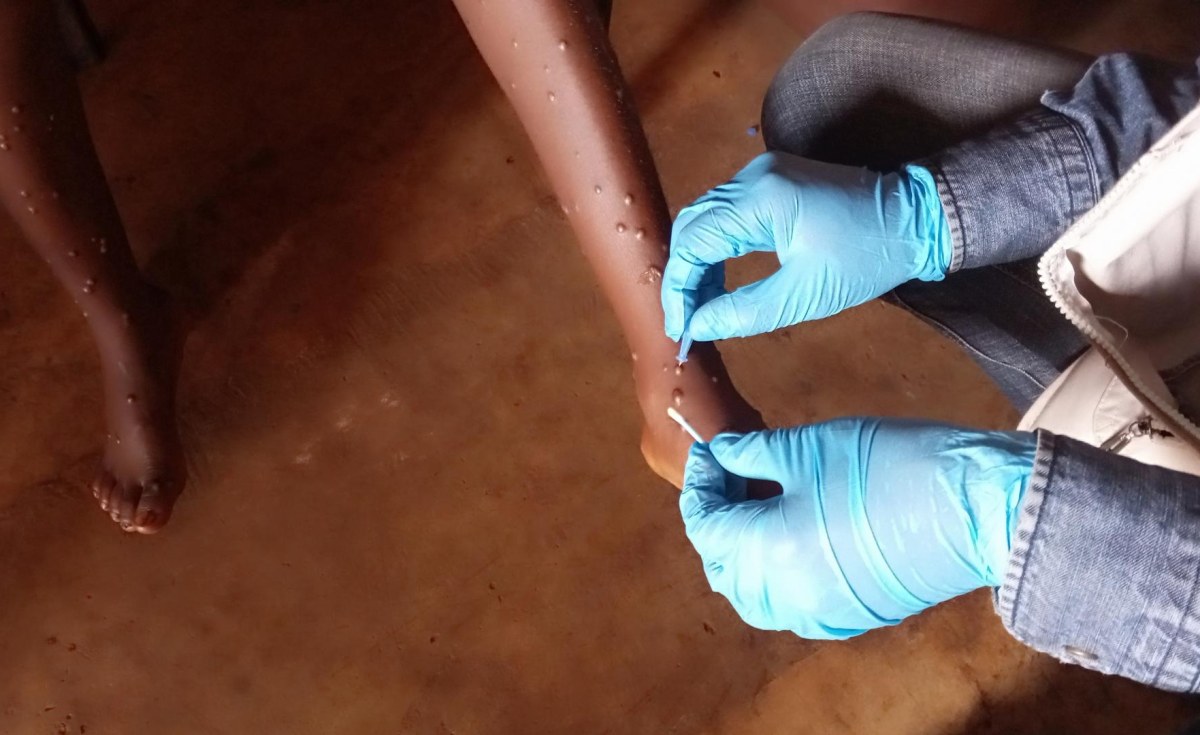Monrovia — A revolutionary health intervention program in Tanzania, which focuses on improving the quality of care during birth, is significantly reducing the rates of maternal and newborn mortality in the country, according to a new study.
The Safe Birth Bundle of Care (SBBC) program involves the use of clinical and training tools for “improved labor care and newborn resuscitation”. The program, according to the authors of the study, is integrated with “new strategies for continuous quality improvement”. The intervention has “cut maternal deaths by 75% and early new born deaths by 40,” the report stated.
Tanzania’s success is being touted as a model for countries in the region to emulate. The Africa Centers for Disease Control said in February that within a seven-year period, the east African nation cut maternal deaths from 550 per 100,000 live births in 2016 to 104 per 100,000 in 2022. This, according to the African health watchdog, is attributed – among other things – to “political commitment”, which has led to various interventions in the health sector – including better equipment at hospitals and an increase in the number of health facilities.
“This study shows how by working together through innovative partnerships to leverage cost-effective solutions, we can strengthen health systems, improve birth outcomes and save lives,” Tanzanian Health Minister, Janista Mhagama, said. She noted that in light of the “transformative impacts” the program has had on lives and livelihoods, “we are now scaling these efforts across Tanzania”.
The report is the result of a three-year study that assessed “approximately 300,000 mother-baby pairs across 30 high-burden healthcare facilities implementing the Safer Births Bundle of Care program”. The program provides frequent on-site simulation training for health workers, in addition to clinical tools to “better monitor heart rates and perform resuscitation”, the authors said in a statement.
Despite global progress in reducing the rates of maternal and newborn mortality, Africa continues to experience disproportionately high levels of deaths related to pregnancy, childbirth, and the neonatal. The region accounted for 69% of global maternal deaths in 2020, according to Africa CDC. The major complications, accounting for 75% of all maternal deaths, include obstetric hemorrhage, infection, and high blood pressure during pregnancy.
The SBBC study found that the newborn period accounts for almost half of the deaths of children under the age of five, “and most of those preventable deaths occur in low- and lower-middle-income countries”. The program has drawn interest from other countries, including Nigeria and Ethiopia, as they seek “cost-effective, scalable solutions” to reduce birth-related deaths.
Tanzania has made major strides in the last several years to improve health outcomes. This is attributed to an uptick in government spending in the sector. A 2024/25 revenue and expenditure report of the Ministry of Health revealed that health facilities have increased from 8,549 in 2021 to 9,693. The Ministry also cited an increase in diagnostic and disease detection equipment, as well as an increase in bed capacity.
Access to healthcare facilities in the rural parts of the country, however, still remains a challenge, as is tackling cultural practices and beliefs which tend to discourage women from seeking healthcare.
*The UN Sustainable Development of Goal of reducing maternal mortality by 20230 is less than 70 deaths per 100,000 live births.
Source: allafrica.com














